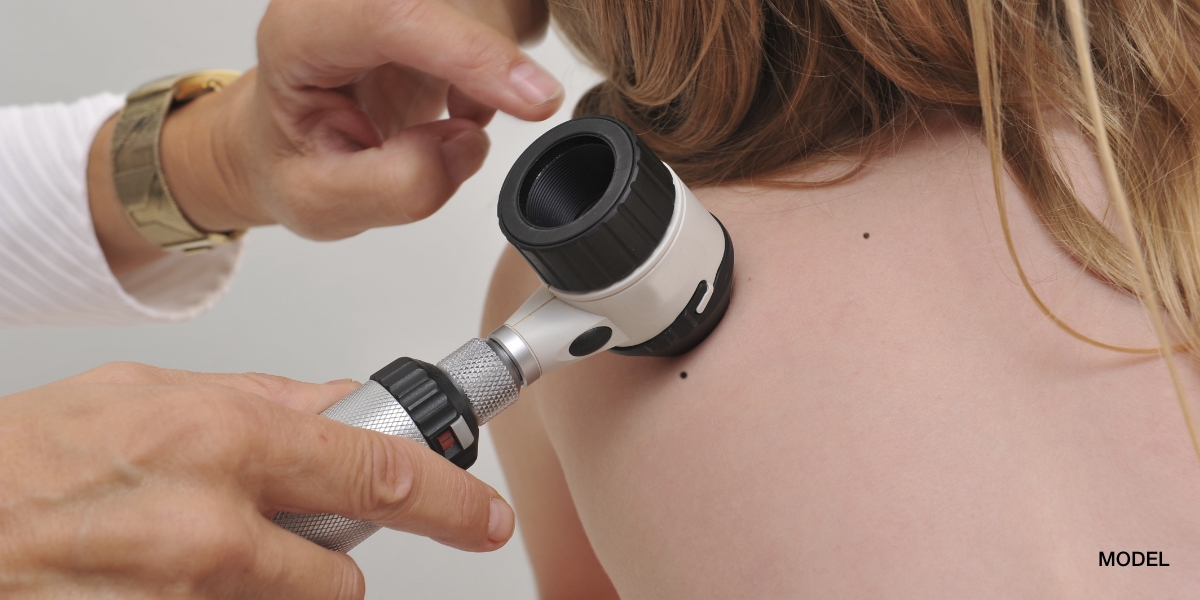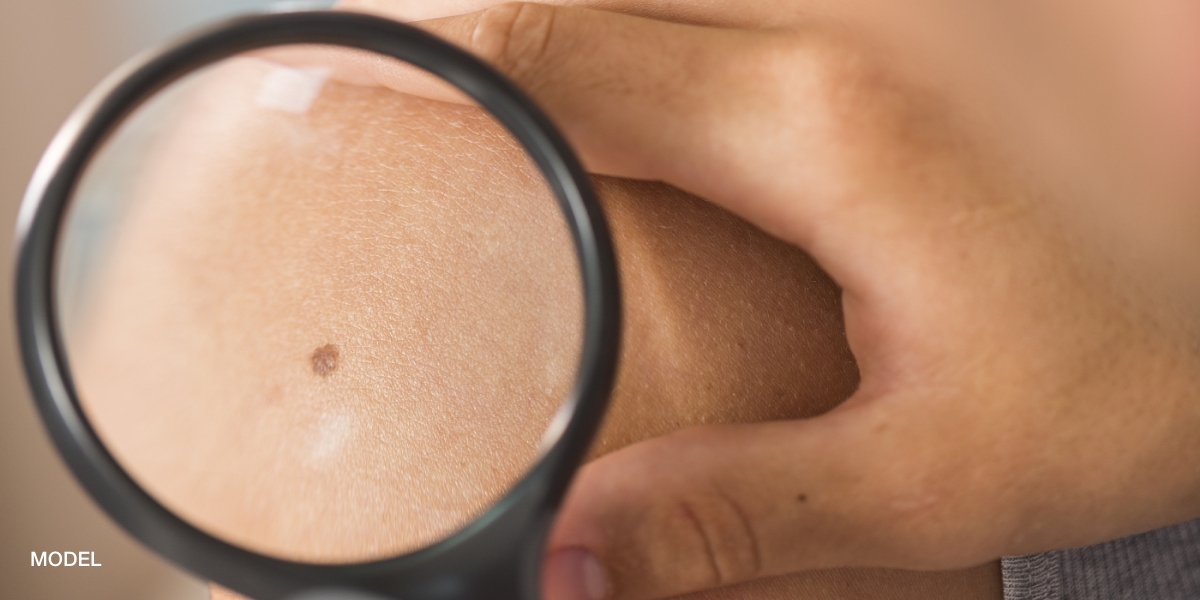Acne keloidalis is a very common dermatological condition which I encounter on an almost daily basis in my Woodlands dermatology and Conroe dermatology offices. It occurs on the posterior portion of the scalp and neck and is caused by shaving the hair too closely. As the hairs grow, they curl backwards into the skin causing an inflammatory reaction which forms pustules and ultimately keloids, which permanently scars the scalp leading to permanent hair loss. These keloids are very small and appear like “hair bumps” to the patients rather than scars. I counsel my patients that they can no longer keep their hair short in this area of the scalp. I admonish not to shave this area and to have the hair cut with at least a 3 guard or higher. I prescribe lidex gel, clindamycin soution and doxycycline as the standard treatment regimen. Lidex gel is a steroid to be used nightly to decrease the inflammation and to soften the keloids. Clindamycin solution is a topical antibiotic that treats the bacteria that infect the ingrown hairs in acne keloidalis. Doxycycline or minocycline are antibiotics that are mainly used for the inflammation associated with acne keloidalis. The most helpful intervention is a monthly injection of intralesional kenalog, a steroid, directly into the keloids. This softens the keloids and decreases the inflammation and can be done almost painlessly with a very small gauge needle.
September 28, 2010

Medically reviewed by Anthony J. Perri, M.D.
You May Also Like



Request a Consultation (Sidebar)
Recent Posts
Categories
- Uncategorized (512)
Tags
acne (6)
acne treatment (3)
acne vulgaris (2)
basal cell carcinoma (2)
biopsy (3)
cold urticaria (1)
common skin conditions (11)
dermatologist (15)
dermatology (7)
dr. perri (8)
dry skin (1)
eczema (2)
filiform (1)
health (3)
Herpes (1)
herpessimplex (1)
hives (2)
indentification (1)
keratosis pilaris (1)
Lichen Planopilaris (1)
melanoma (2)
moles (3)
periungual (1)
perri dermatology (10)
prevention (2)
rashes (2)
rosacea (3)
rosacea therapy (2)
skin cancer (6)
skin cancer screening (5)
skin care (2)
skin checks (8)
skin condition (6)
skin conditions (8)
skin damage (2)
skin exam (8)
summertime (3)
sunburn (3)
sunburns (2)
Sunprotection (1)
sunscreen (2)
virus (1)
warts (2)
why perri dermatology (3)
woodlands dermatologist (6)
